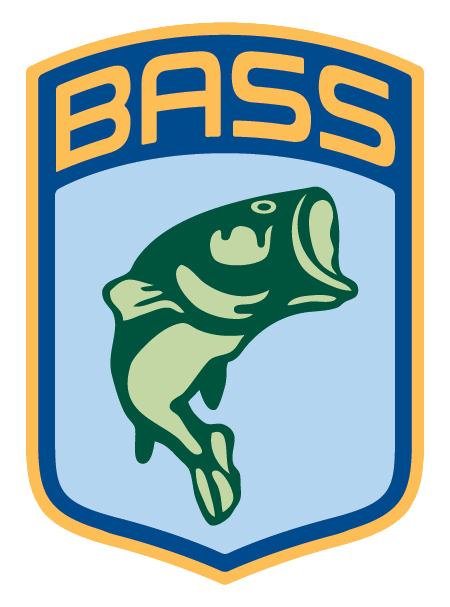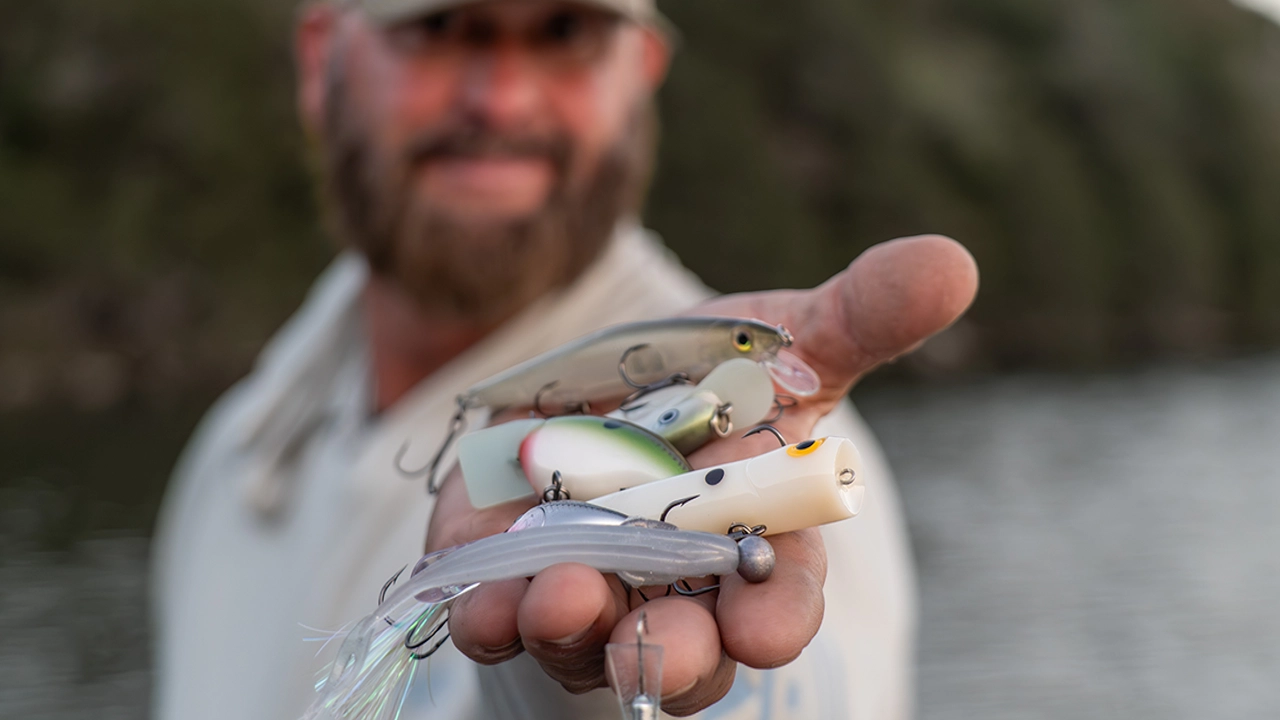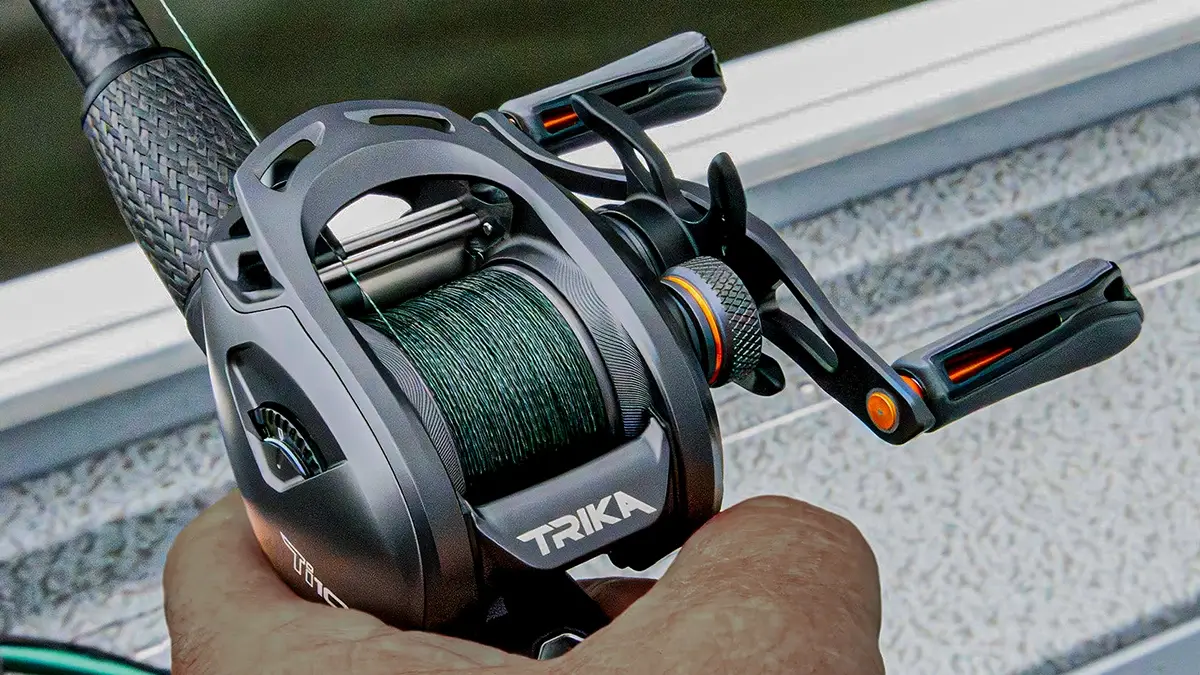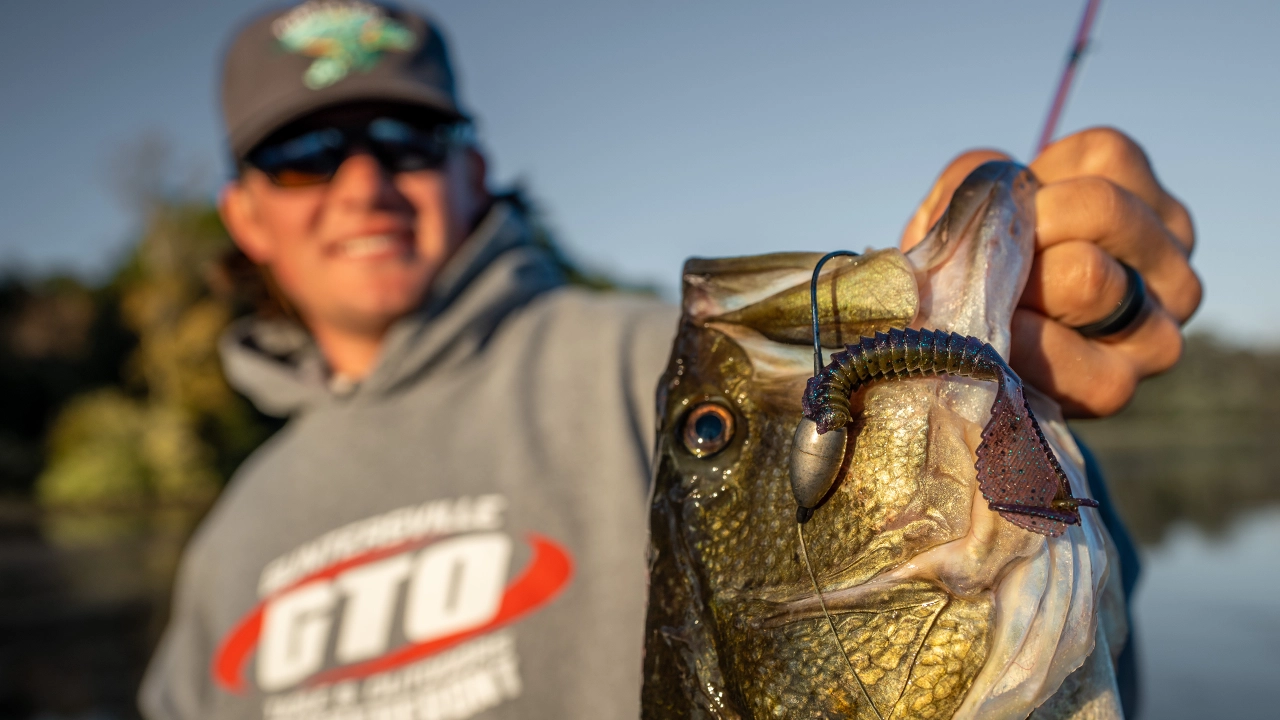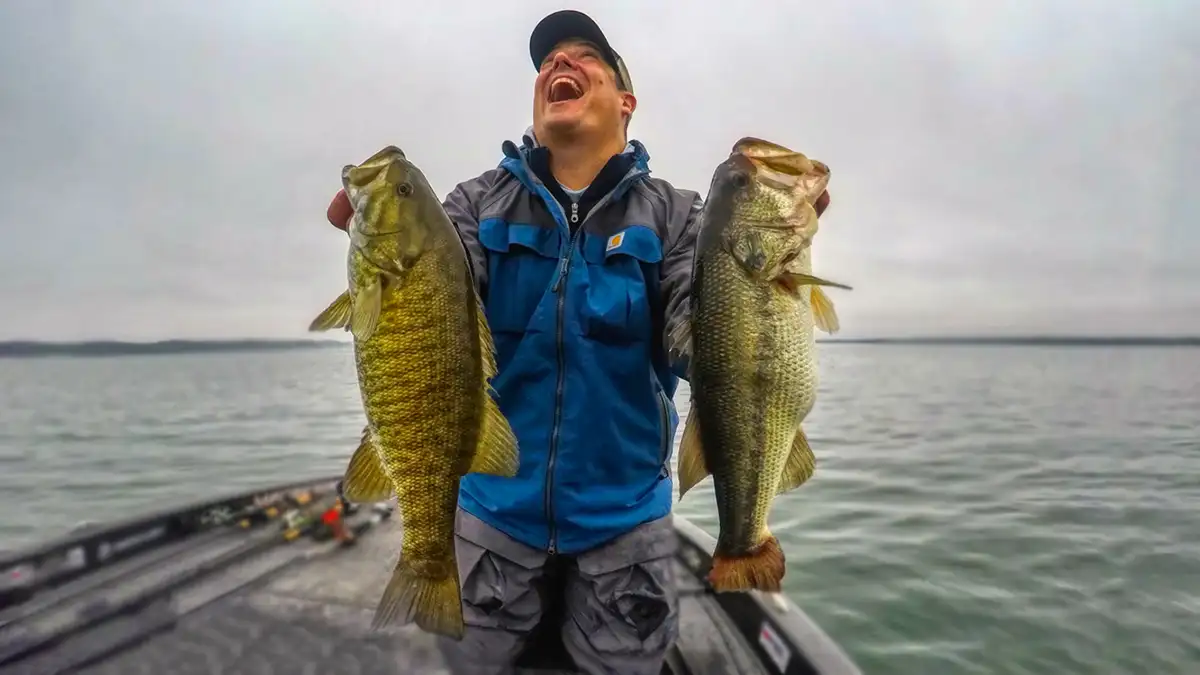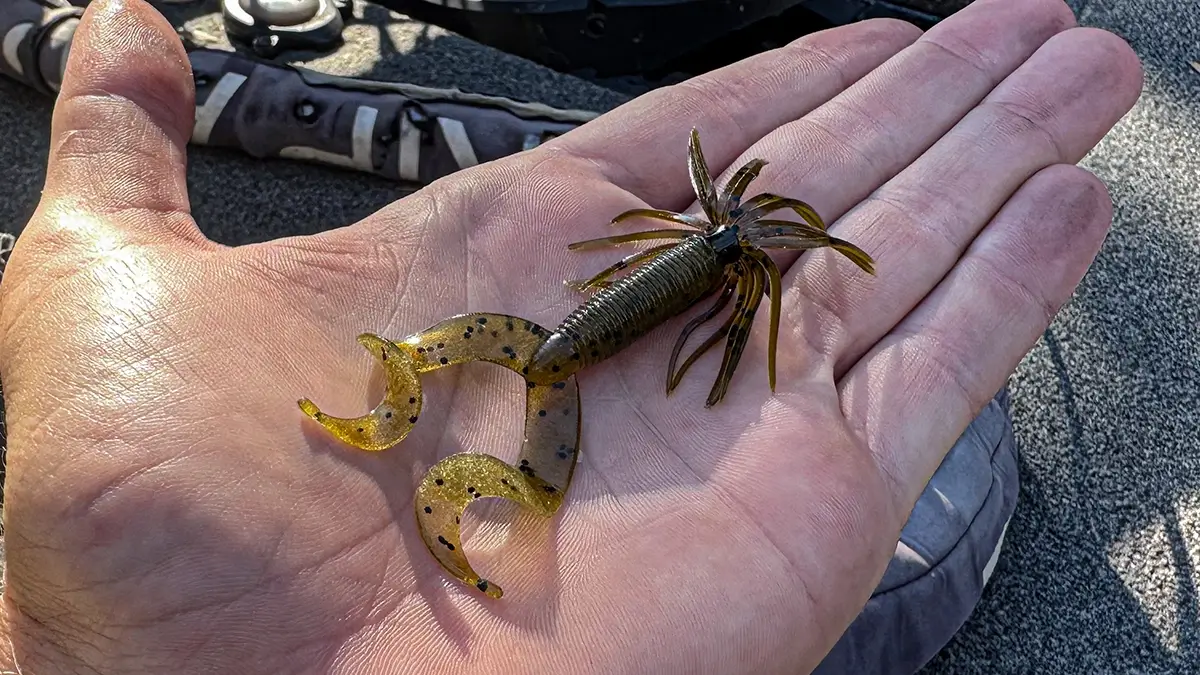Wisconsin has joined the rest of the United States in permitting the practice of “culling” bass. Gov. Scott Walker signed the Wisconsin “culling bill” into law during ceremonies at the Golden Mast Inn Restaurant, located on the shores of Okauchee Lake, one of Wisconsin’s most popular bass tournament lakes.
Previously, it was illegal to release a bass alive once it had been kept in a boat’s livewell. The practice is common in tournaments in other states as anglers try to upgrade their catches by releasing smaller bass.
“Since 1980, Wisconsin B.A.S.S. and other anglers have been working with the Wisconsin State Legislature and fisheries managers to improve the management of black bass and black bass fishing, to include instituting bag limits, habitat programs and tournament standards,” said B.A.S.S. Conservation Director Noreen Clough. “Legislation to allow culling at bass tournaments is the major highlight in those efforts and has been a long time coming.”
State Assembly Rep. Joel Kleefisch, author of the bill, said the measure is important to the economic development of his state because it places Wisconsin on equal footing with surrounding states that do permit culling.
“Bass anglers have been working on this for 10 years,” he said. “I never imagined that allowing people to catch and release bass from livewells would create such a fight.”
“You can’t imagine how happy all of us here at B.A.S.S. are about being able to come to Wisconsin for events now,” said Jerry McKinnis to Rep. Kleefisch upon hearing that the bill was going to be signed by the governor. “For many years I did a television show on ESPN called “˜The Fishin’ Hole’ and made many trips to your state, so I know how great your fishing is. Thanks again to all who made this happen.” McKinnis is one of the new owners of B.A.S.S.
The signing here Friday morning was a victory for B.A.S.S. anglers, especially Dan Brovarney of Wauwatosa, the Wisconsin B.A.S.S. Federation Nation’s legislative director, who has lobbied the state’s Department of Natural Resources and the legislature for years trying to get culling allowed.
“There is very little impact in terms of mortality when it comes to bass that have been culled,” he said. “If there were data that proved culling or tournament fishing had a noticeable negative effect on the bass population, I would quit fishing tournaments, but there just isn’t proof.”
Brovarney was among numerous representatives of angling groups testifying on behalf of the bill in hearings in Madison, Wis., March 30. In Clough’s testimony, she cited a Wisconsin study conducted in 2006 that showed culling in bass tournaments does not significantly increase bass mortality.
“The economic contributions of bass tournaments are substantial,” she added. “For example, just recently because of the culling restriction, the decision was made to move the B.A.S.S. Federation Nation Northern Divisional Championship presented by Yamaha and Skeeter Boats (which includes anglers from eight states and Italy) from Wisconsin to Iowa, at a loss of at least $270,000 to your state.”
Opponents of the bill complained that it favored tournament anglers because non-tournament anglers are not allowed to cull for their daily bag limit. Proponents argued that, unlike those who intend to keep bass for the fryer, tournament participants release their fish.
“Most people underestimate the amount of revenue a B.A.S.S. event can bring to this state,” Kleefisch said. “Wisconsin is now open for business and welcomes larger tournaments to our state.”
Way to go to all who were involved!


